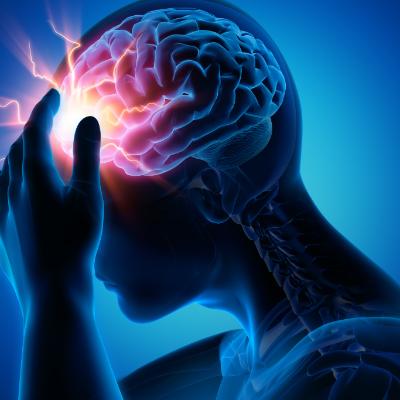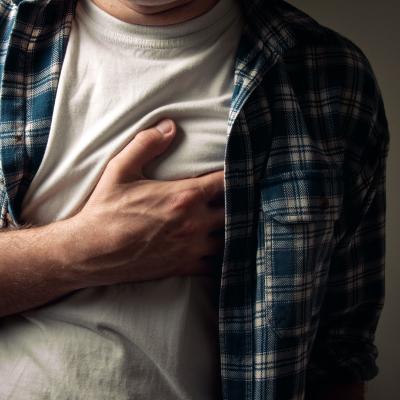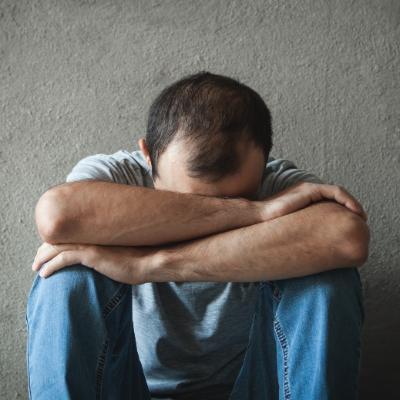If you or a loved one struggles to stop using cocaine, it’s time to get help. At BlueCrest Recovery, our cocaine addiction rehab center in New Jersey utilizes a holistic approach to evidence-based therapies so our clients can get on the road to long-term recovery. Our programs for substance abuse treatment in New Jersey at Woodland Park are run by a team of addiction professionals with years of experience helping people overcome addiction. Contact our team at 888.292.9652 for more information on our options for cocaine rehab in New Jersey.
About Cocaine
 Cocaine comes from the leaves of the South American coca plant and is a powerful stimulant that increases alertness, focus, energy, and pleasure. It is often abused in powder or rock form, with many people snorting or injecting it into their veins. Cocaine can be incredibly dangerous as it carries a high risk of addiction with prolonged use.
Cocaine comes from the leaves of the South American coca plant and is a powerful stimulant that increases alertness, focus, energy, and pleasure. It is often abused in powder or rock form, with many people snorting or injecting it into their veins. Cocaine can be incredibly dangerous as it carries a high risk of addiction with prolonged use.
Cocaine is one of the most widely used drugs in New Jersey. With the influx of cocaine in nearby cities, cocaine has become the go-to drug for many low-income communities. According to the National Institute on Drug Abuse (NIDA), cocaine use has been relatively steady since 2009. In fact, in 2014, there were 1.5 million current users over the age of 12 in the United States.1
Because cocaine abuse has become so widespread, BlueCrest Recovery has created a comprehensive program for cocaine addiction treatment in New Jersey to help individuals and families. Our program is designed to address the biological, psychological, and social aspects of cocaine addiction. We provide our clients in New Jersey with cocaine addiction treatment that’s evidence-based and focused on recovery while supporting them in their journey toward sobriety.
The Dangers of Cocaine Abuse
With so many regular drug users, cocaine addiction has become a real problem. The drug is highly addictive because of its ability to increase dopamine levels in the brain. Dopamine is known as the happy hormone. High levels of dopamine can leave you feeling euphoric and worry-free. The drug also boosts motivation and energy levels. These good feelings can cause people struggling with addiction to seek the drug even if they experience adverse side effects.
Addiction is characterized by the inability to control one’s drug usage. Drug addiction is a compulsive habit. Continued use of cocaine alters a user’s brain. In turn, addiction sets in, and the person cannot maintain self-control or resist urges to use the drug. These changes to the brain are persistent and make breaking the cycle much harder.
Signs of Cocaine Addiction
Do you believe a friend or family member in New Jersey is using cocaine? Users of the drug often have a heightened sense of well-being and confidence. They may be more talkative and full of energy. Typically, a user doesn’t have much appetite or a regular sleep schedule. Other telltale signs of cocaine usage include a runny nose or nosebleeds, white powder around the nose area, track marks, and dilated pupils. After extensive drug use, someone is more likely to become depressed, agitated, and exhausted. An addict is also more likely to need higher doses, which puts their lives at an even higher risk.
Regarding symptoms of cocaine addiction, there are some key things to look out for. Cocaine abusers experience a variety of symptoms, including:
If someone you know experiences these signs or symptoms, they may be addicted to cocaine. With addiction comes the need for mental health treatment. For cocaine abusers, our New Jersey cocaine addiction treatment program is an excellent treatment option. Treatment helps users to break free from the restraints of drug addiction. In turn, they can lead healthier lives.

Adverse Effects of Long-Term Cocaine Abuse
Outside of the effects on one’s mental and emotional state, there is an even darker side of cocaine addiction. The drug impacts vital organs, including the brain and heart. This damage is often fatal. According to NJ Advance Media, in 2017, 498 people died from cocaine use.
Brain Damage
Cocaine impacts the brain by releasing higher dopamine levels, but the drug also significantly affects brain health. Studies conducted at the University of Cambridge found that the brain ages twice as fast in people struggling with the drug compared to non-users


Heart Damage
Long-term use of cocaine has proven to damage the heart muscle. This can result in cardiomyopathy, which is a disease of the heart muscle. When injected, cocaine can also lead to inflammation of the inner heart tissues.
A weaker heart has a heightened risk of cardiac arrhythmia and heart attacks, which can be deadly. Cocaine-induced damage to the heart increases one’s risk of brain damage and stroke because of improper blood supply.
Mental Health Issues
Cocaine abuse can also lead to mental health issues. The drug often worsens preexisting mental health conditions, such as anxiety or depression. It may even trigger psychosis, a severe reaction characterized by paranoia and delusions. These symptoms can be hazardous for someone with cocaine addiction because they don’t always recognize them as abnormal behavior.
If cocaine addiction co-occurs with another mental health condition—whether or not it caused the co-occurring issue to develop—professional help in the form of a dual diagnosis treatment program is highly recommended. Treating only the addiction won’t relieve the user from their other mental health issues. They can become more vulnerable to relapse if not treated correctly.


Damaged Relationships
On top of the psychological and physical damage, cocaine addiction can severely affect relationships. Those in the user’s circle feel betrayed and frustrated with the user’s lack of control. In addition, those who are closest to the addict may also experience financial hardship due to their loved one’s drug use.
This adverse effect is why group and family therapy are a massive part of rehab programs. Uncovering the roots of addiction and rebuilding relationships takes time, but BlueCrest Recovery’s New Jersey cocaine addiction treatment program is here to help. We understand the struggles of addiction and are more than happy to provide support throughout the treatment process.
Find a Cocaine Addiction Treatment Program in New Jersey at BlueCrest Recovery
Are you or a loved one dealing with cocaine addiction? Seeking a reliable treatment option? Are you tired of coming up short on cocaine rehab help? If so, now is the time to seek a treatment center with a comprehensive partial hospitalization program (PHP) in New Jersey.
While there are many recovery centers, if you’re looking for top-notch care, you can trust BlueCrest Recovery. At our recovery center, we embrace a holistic recovery approach. We approach drug addiction clinically and spiritually. Recovering from drug abuse requires more than outside support. We believe that mind-healing activities, such as yoga and meditation, can aid in overcoming addiction and other stressors in life.
At BlueCrest Recovery, we’re all about restoring hope and lives. Today is the day to ensure your future. Contact us at 888.292.9652 to start our cocaine addiction treatment program.
We look forward to taking this journey with you.





